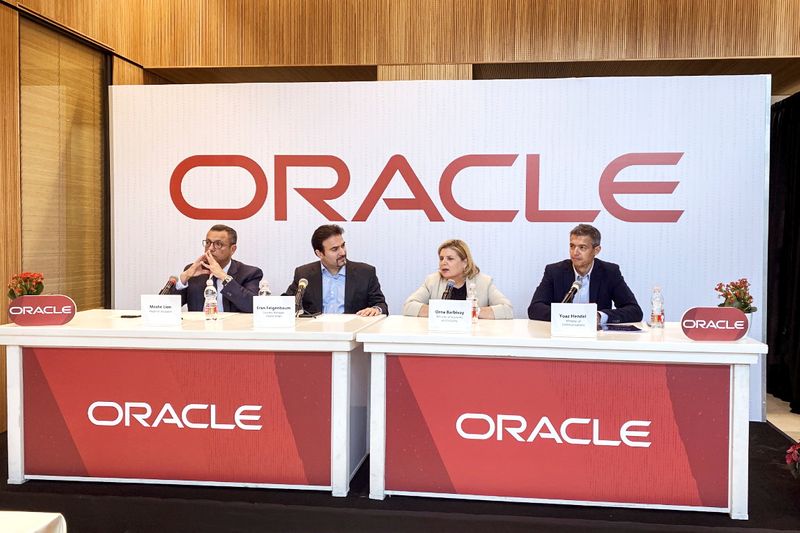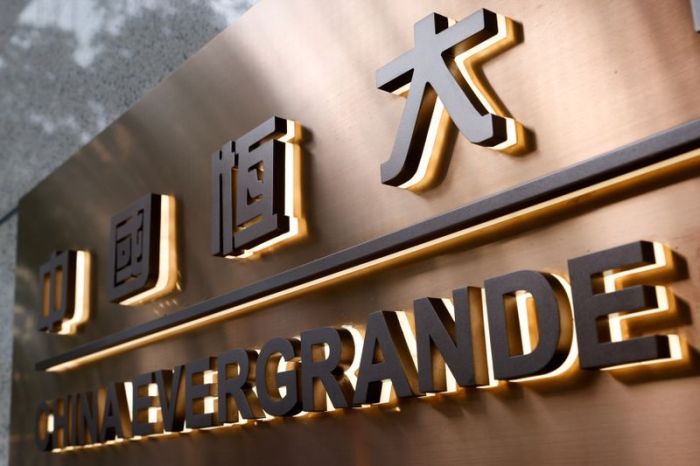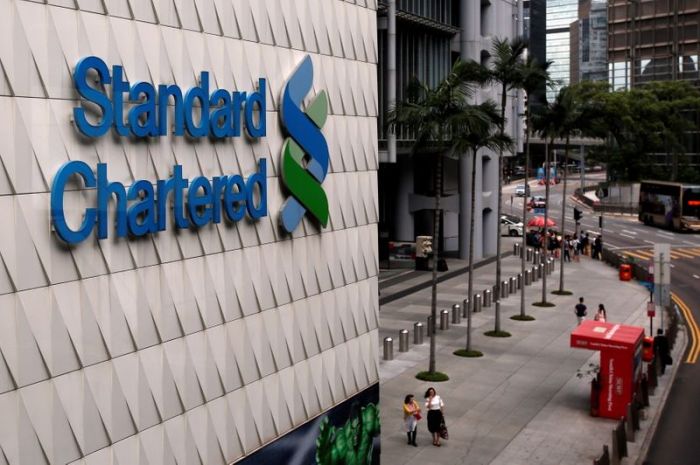JERUSALEM (Reuters) – Oracle opened the first of two planned public cloud centres in Israel on Wednesday, enabling companies and other Israeli customers to keep their data on local servers rather than rely on other countries.
The underground data centre is nine floors – about 50 metres – below one of Jerusalem’s technology parks. Designed to operate in the face of potential terror acts, the centre is estimated to have cost hundreds of millions of dollars.
“This facility … can withstand a rocket direct hit, a missile direct hit or even a car bomb – and the services will keep running with customers not even knowing that something so horrible has happened,” Eran Feigenbaum, Oracle’s Israel manager, told Reuters.
The site, which has its own generators in case of power loss, is one of 30 such cloud centres globally. Until now, the closest to Israel was in the United Arab Emirates. Oracle also has a research and development centre in Israel.
Feigenbaum said there will be a second data centre in Israel as part of a plan to open 14 more centres by the end of 2022 to meet growing demand from Israeli technology companies and serve as a back-up to ensure data stays within Israel’s borders.
Oracle has already signed up a number of customers in Israel, Feigenbaum said.
The company has said its cloud operation has been gaining momentum globally in the past year by adding video conferencing platforms Zoom and 8X8 in addition to being a security partner of the U.S. government.
For Israeli companies, having a local cloud could reduce costs because they would have the ability to rent storage instead of building their own servers or relying on other countries.
“They will not have to move to Silicon Valley or other places. They can do everything from here, with strong back-up and short distances,” said Communications Minister Yoaz Hendel.
“It’s good for us to keep our own information inside Israel.”
The new cloud facility comes after Oracle lost out to Google and Amazon this year in a government tender to provide cloud services for the country’s public sector and military.
(Reporting by Steven Scheer; Editing by Elaine Hardcastle and David Goodman)

























